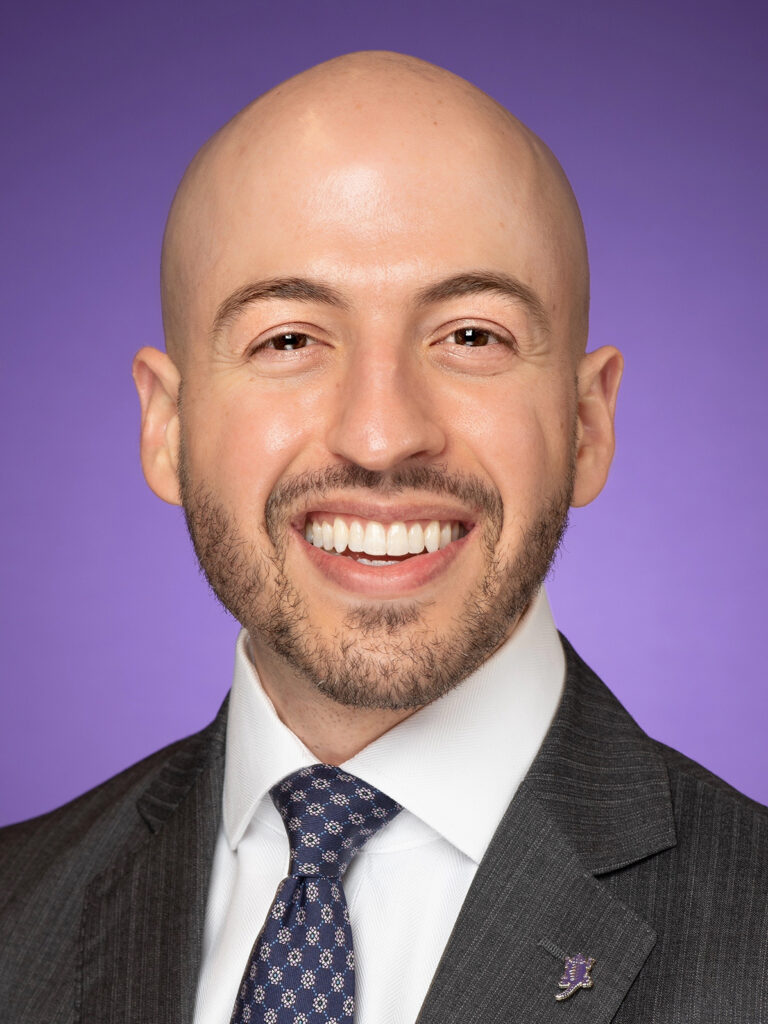Situational Learning Theory (SLT) (Lave & Wenger, 1991) is a constructivist approach to pedagogy in which learning occurs in real-life, hands-on situations. This “learning by doing” approach to pedagogy is most common in the medical fields, and there is limited literature applying it to the business domain.
I applied SLT to my course, Marketing Management, which extended the previous instructional design from a merely didactic learning process to a hands-on, and constructed-in-real-life experience that enhanced student engagement and supported the development of a professional identity. These measures were evidential through a course evaluation survey and informally from student testimony at intervals during the semester. I partnered with The Austral Group for the course, which is a leader in experiential learning, to recruit and coordinate five real-life marketing clients with marketing challenges.
Students were randomly assigned to one of five clients, ranging from a real estate business to a non-profit 503(c) protecting vulnerable animals in Puerto Rico. Each student team was responsible for developing a marketing plan for their assigned client. At the end of the semester, each team presented their marketing plan. The theoretical aspects of the course were enhanced by the situated learning of real-life experience in developing a marketing plan to solve real marketing problems.
At the end of the semester, each client received a real actionable plan scored on feasibility and substantiated strategy, and the students left the course with the experience of creating a marketing plan. This semester-long project provides students a market-applied credential they can put on their CVs and can help them secure early-career employment. This activity increased student engagement and understanding of the material. Students were more interested in each week’s lesson because they knew it had a real marketplace impact beyond their grades.
My “pedagogy in practice” session covered my ongoing use of course clients. The recording from the session is available from the Koehler Center which includes a full implementation plan and organizational support contacts (a university-approved contract partner).
I explored the class’s topic areas and what marketplace firms or organizations could be directly incorporated into a curriculum at TCU. Assignment examples, rubrics, and other critical resources are available for “adaptation exercises” for professors to create implementable frameworks for their course. In the spirit of strengthening the Horned Frog community, feel free to reach out with any questions: b.chicotsky@tcu.edu.
Go Frogs,
Dr. Brandon Chicotsky

This article was written by Dr. Brandon Chicotsky, Assistant Professor of Professional Practice in Marketing, TCU Neeley School of Business for the Spring 2023 Issue of Insights.